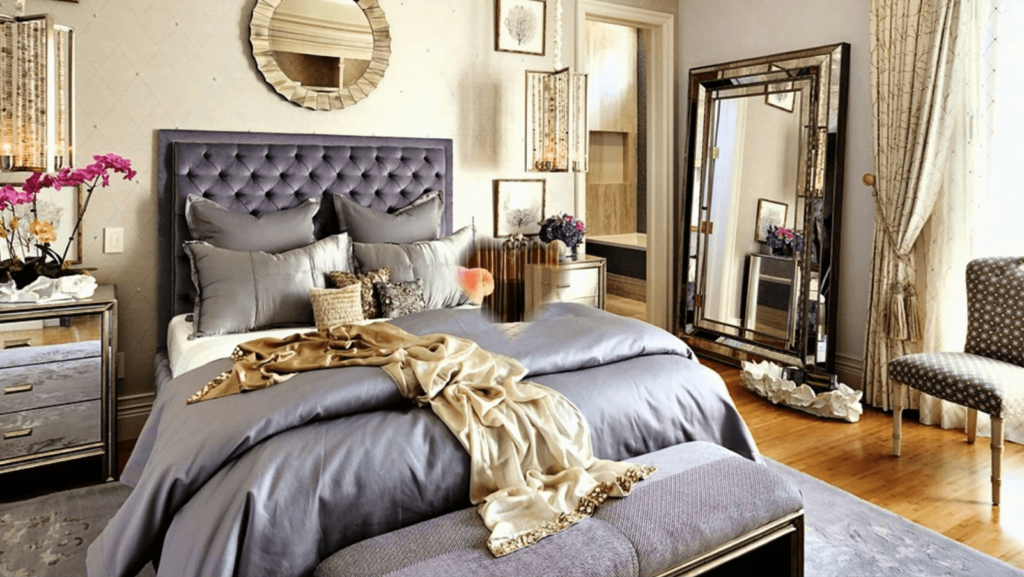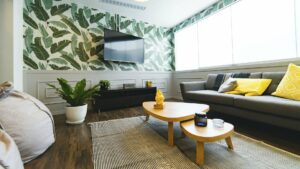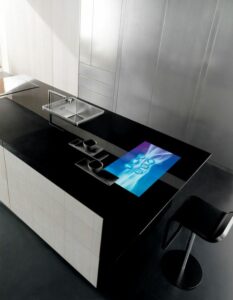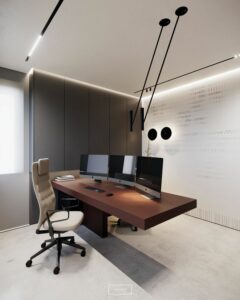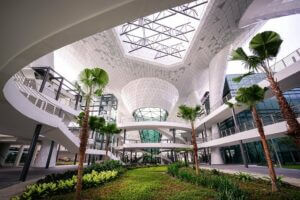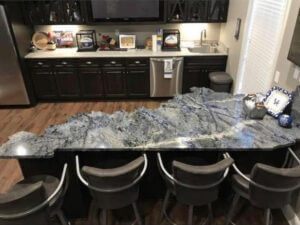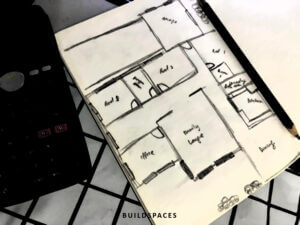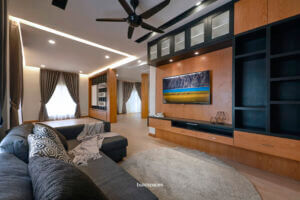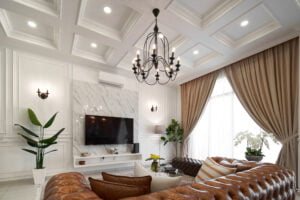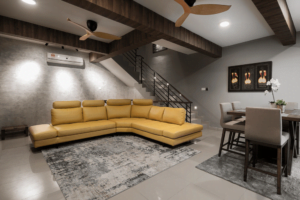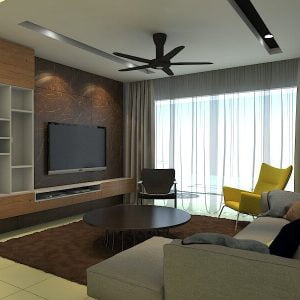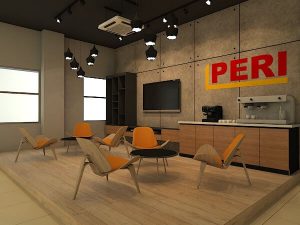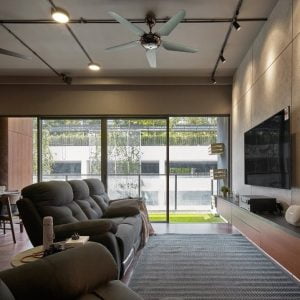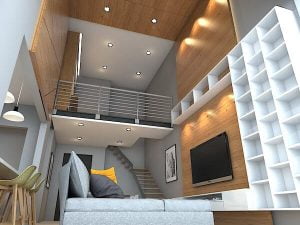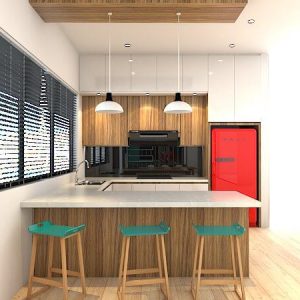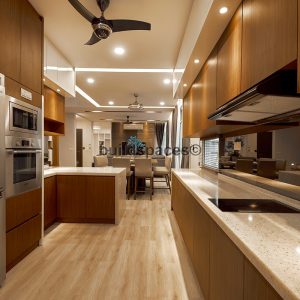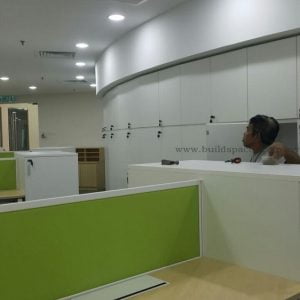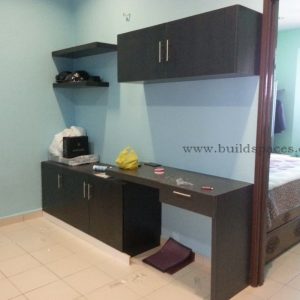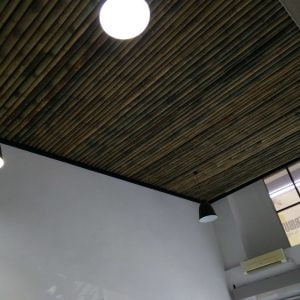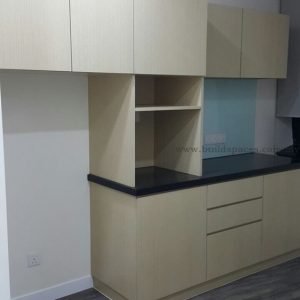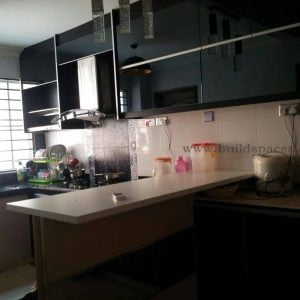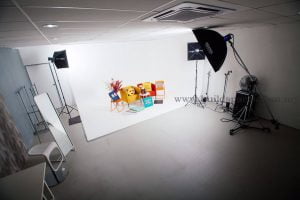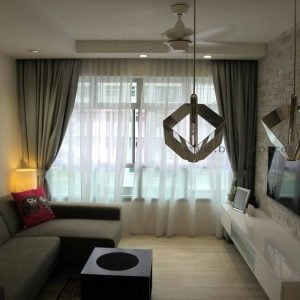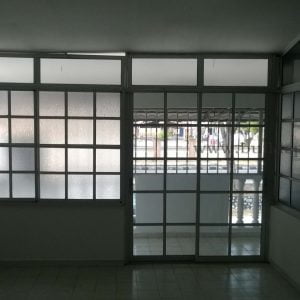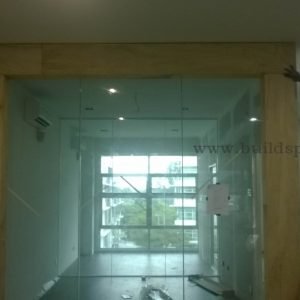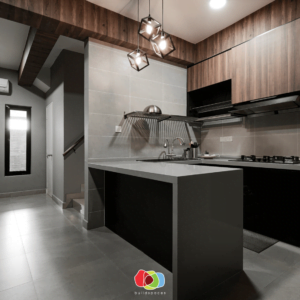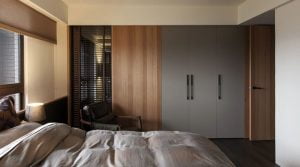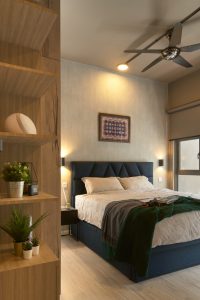Want to decorate your new home and find inspiration? Let us help you. We provide 10 popular interior design styles in modern homes. Experts combine different elements of some decorating styles, but it is very important to recognise the basic aspects of each.
MINIMALIS
The minimalist concept is an increasingly popular idea in Malaysia. It needs a modern design concept and simplifies it. The colour palette is not neutral and airy; the furniture is simple and simple, and there is nothing extravagant or flamboyant on accessories or decorations.
Minimalism is ultimately defined by a sense of function and ultra-clean lines.
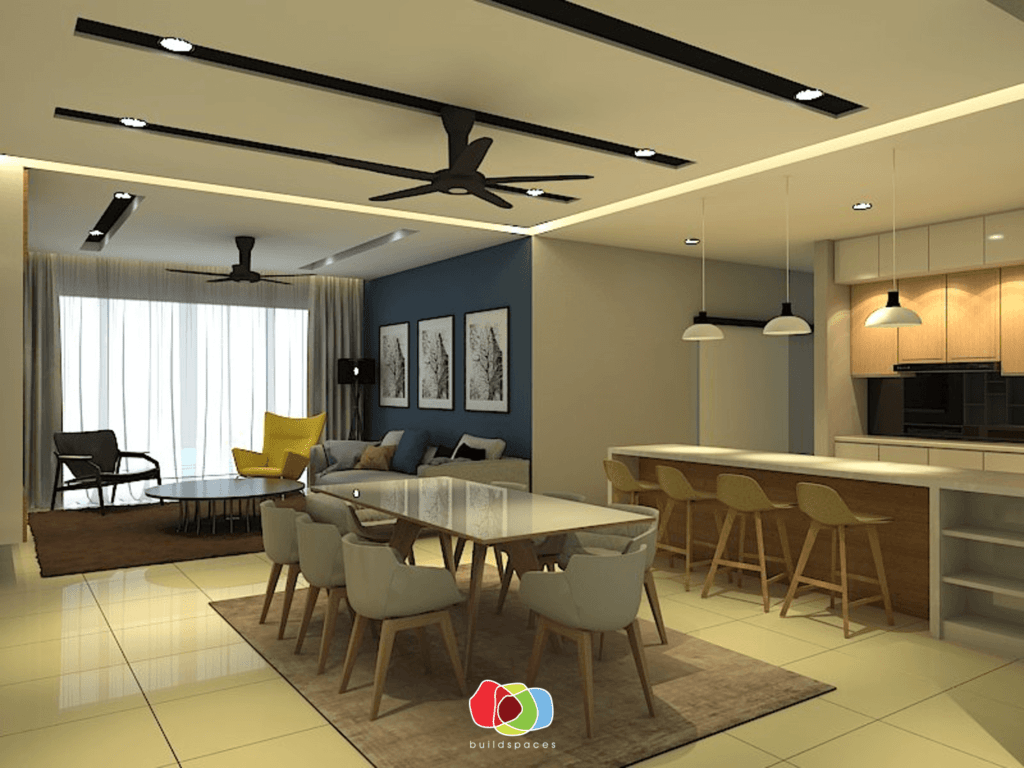
MODERN MIDDLE CENTURY
The mid-1900s created some of the most iconic parts in modern design. It is characterized by fine lines, minimalist silhouettes, and natural shapes. Modern medieval designated creative ways to use new materials such as moulded plastics, plywood, and aluminium in industrial design. The pieces are very versatile and can complement a variety of design styles.
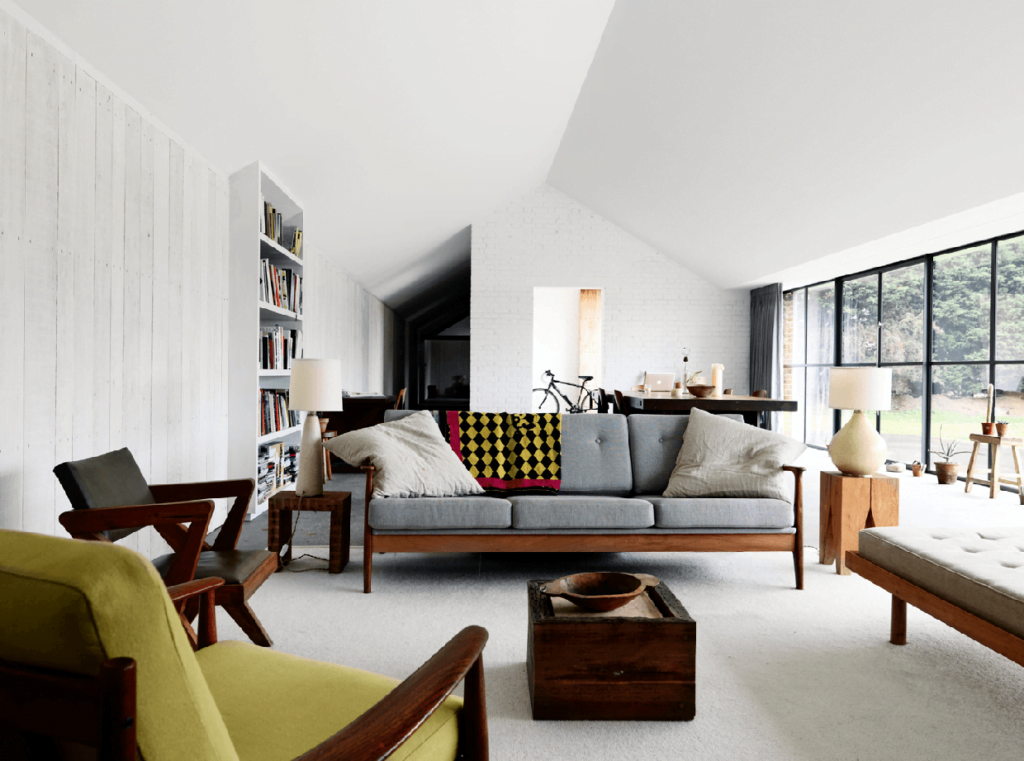
CONTEMPORARY
Modern and contemporary are two interior design ideas that are the most frequently used interchangeably. Contemporary differs from modern in that it describes designs based on the here and now.
The main difference that compare modern and contemporary interior design styles from modern is the strict design explanation that back to the 20th century. Contemporary on the other hand, smoother and able to represent the sense of currency by less adhering to a particular style. For example, contemporary styles may include curved lines, whereas modern designs do not. You can refer to modern vs contemporary articles for more information
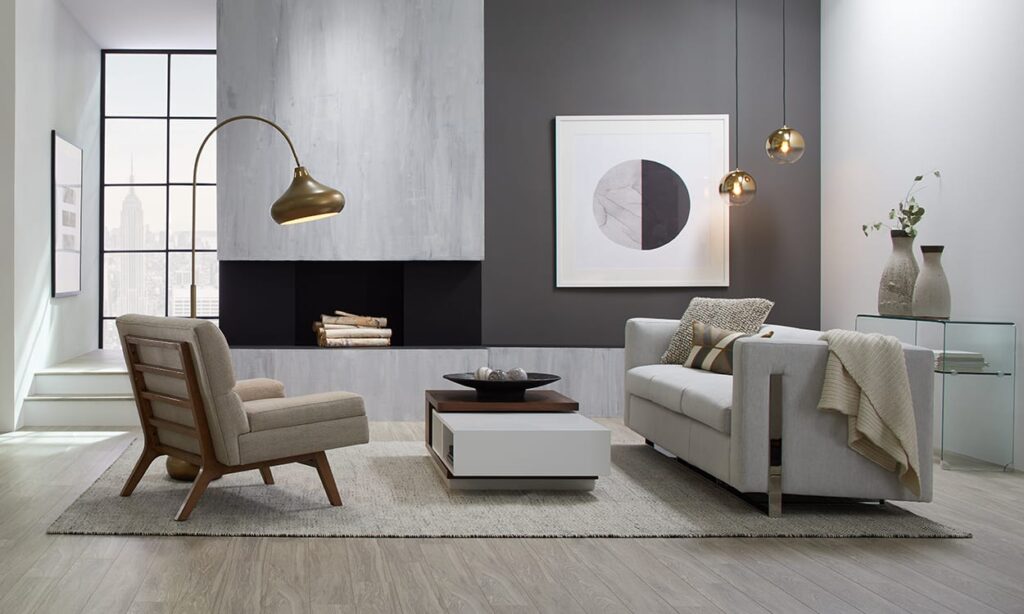
INDUSTRIAL
This is a view that goes back to the industrial era of the turn of the century. This emphasizes the use of open iron with stressed wood elements, often fitted with exposed brick walls. Modern variants usually include copper-tone accents. In terms of general nuances, the industrial decoration is often rustic and mature.
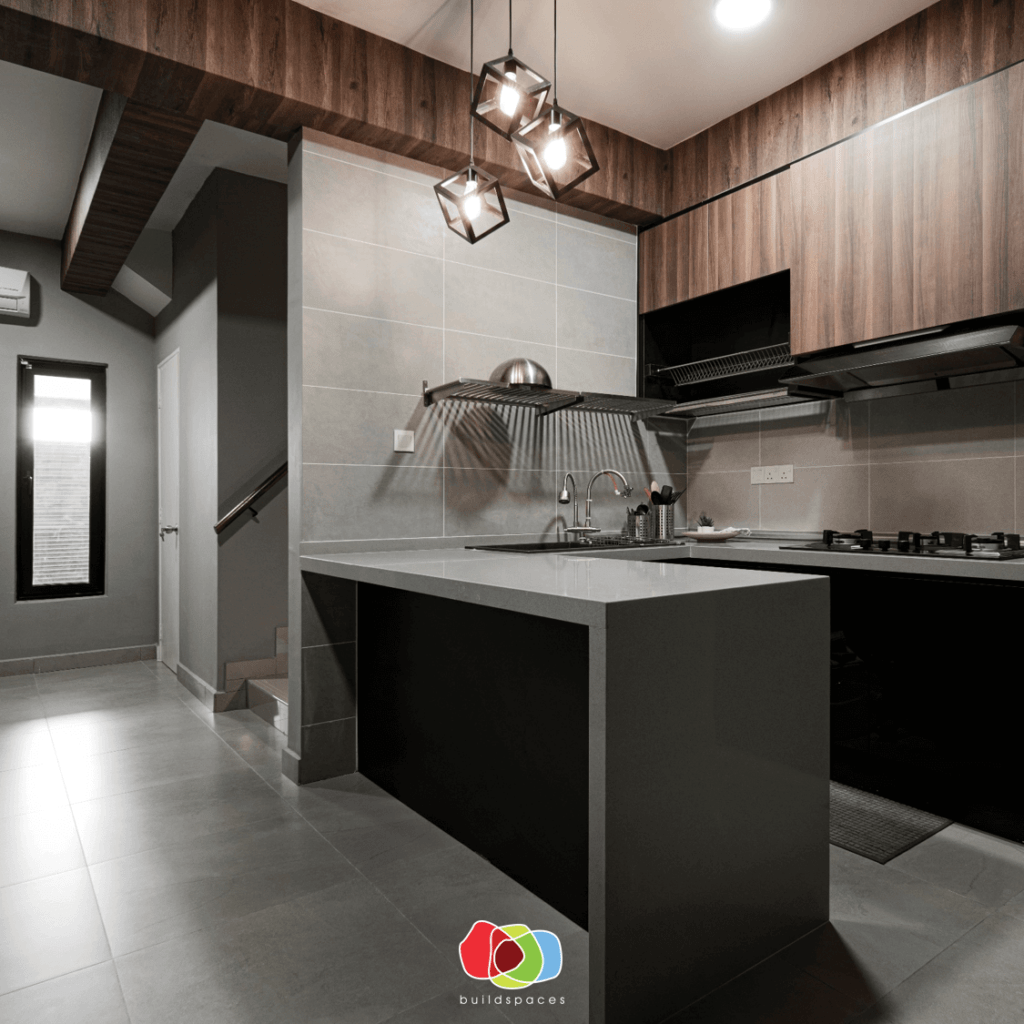
SHABBY CHIC
The shabby stylish decor emphasizes vintage elements to recreate the antique flea market look. The furniture is characterized by its old appearance, with a wood composition affixed to the milky paint to show signs of wear and tear.
Decorative accents for shabby stylish decorations must be soft and luxurious, often impactful.
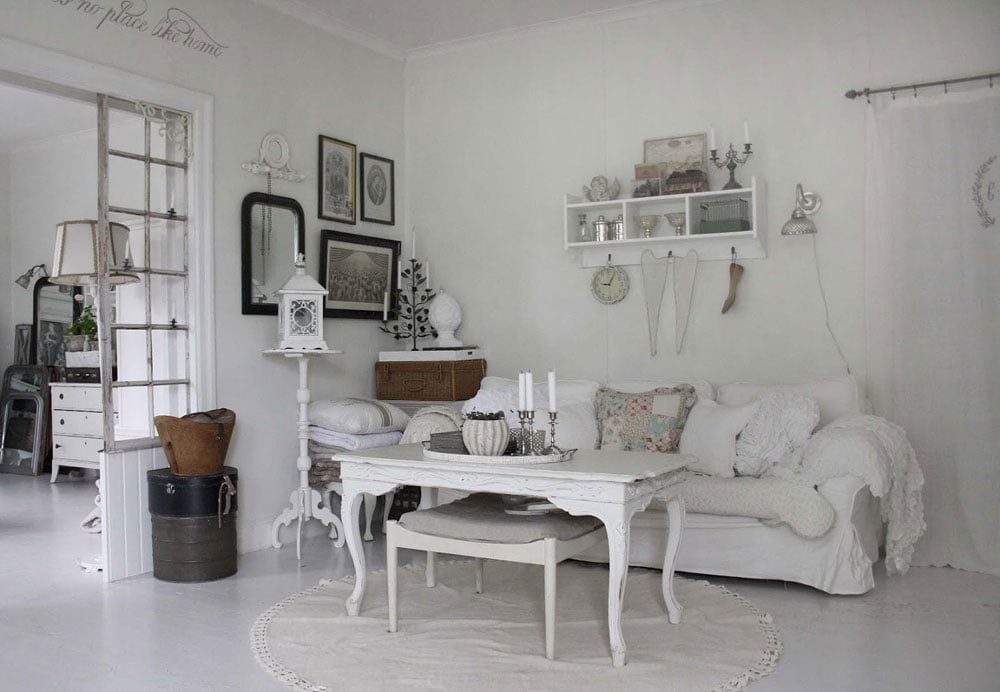
NAUTICAL
Warm, relaxed, and positive. The sea decor (also called beach or cottage decoration) reflects the spirit of New England beach houses. This interior design style is based on white or sand, with blue as the main accent colour.
Nautical materials, nautical decorations combine unfinished wood on tables or chairs, combined with stylish linen linens for your seating and sofas. There are many options for decorative accents: clear sea shells, jute ropes, paddles, yachts, navigation maps, and more!
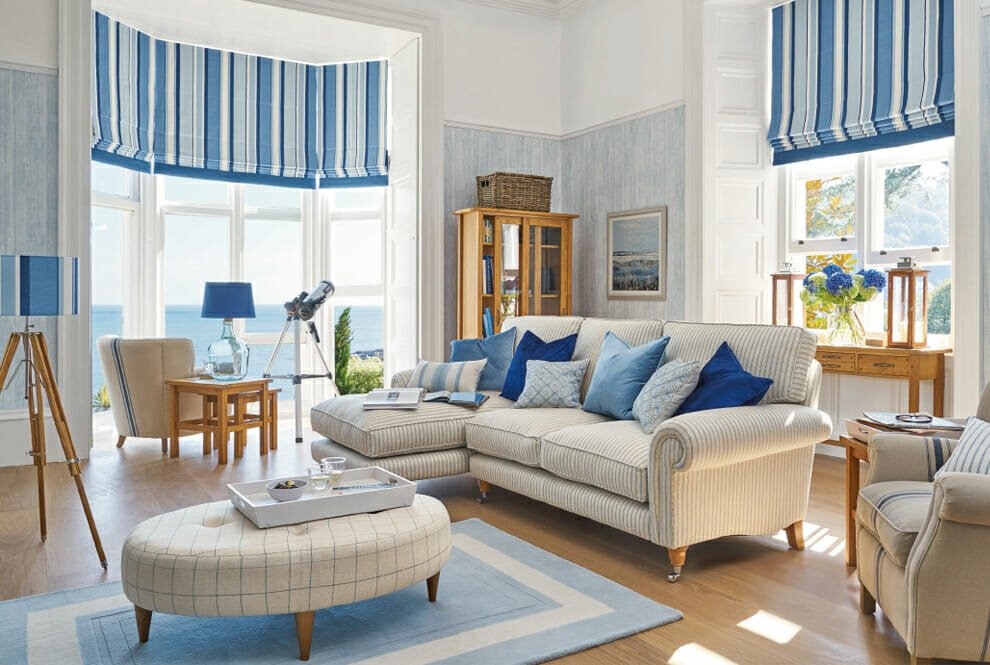
BOHEMIA
Bohemian décor captures the spirit of a lively and adventurous avant-garde lifestyle. It features creative applications with rich patterns and bright colours, especially in red or purple. The key is to carefully display the “untidy” appearance on purpose. Layers of textiles (throw, pillows, and rugs) for a warm atmosphere.
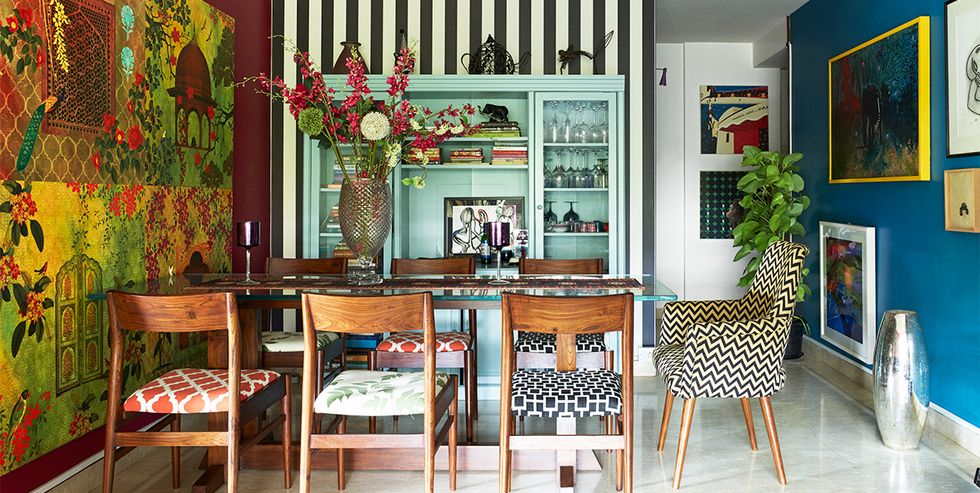
FARMHOUSE
Farmhouse interior design is a modern touch to cabin-inspired interior design. With a large number of transitional properties with some traditional elements mixed, farmhouse aesthetics should bring your imagination to French Provence. Get some bunches of dried lavender and other green plants – a meticulous arrangement of pots and gardeners will truly beautify your home.
Farmhouse furniture features plywood and layered linen. In terms of colour, it is similar to nautical decor with the most basic colours white and beige. Orthodox rules stipulate that accent colours should be similar to turquoise or light yellow, but I better introduce some brighter colours for some pops and definitions.
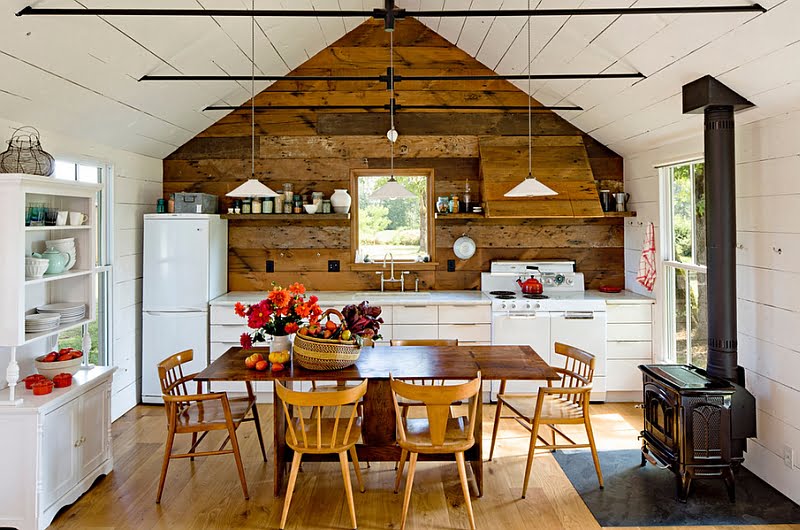
SCANDINAVIA
A modern medieval movement, Scandinavian design introduced a popular minimalist appearance in the field of interior architecture that survives to this day. While most people associate it with IKEA (I once covered stores like IKEA in the past), there are various subset appearances in the Scandinavian design itself.
Featuring soft contours, pleasant accent colours, and a balance of engineering and organic materials, Scandinavian furniture is simple, contemporary, and functional. Many Scandinavian designs use the Bauhaus principle and are characterized by fluid lines, focus on the proportions of objects, and populist attraction. A large number of Scandinavian interiors use white with grey as the base colour.
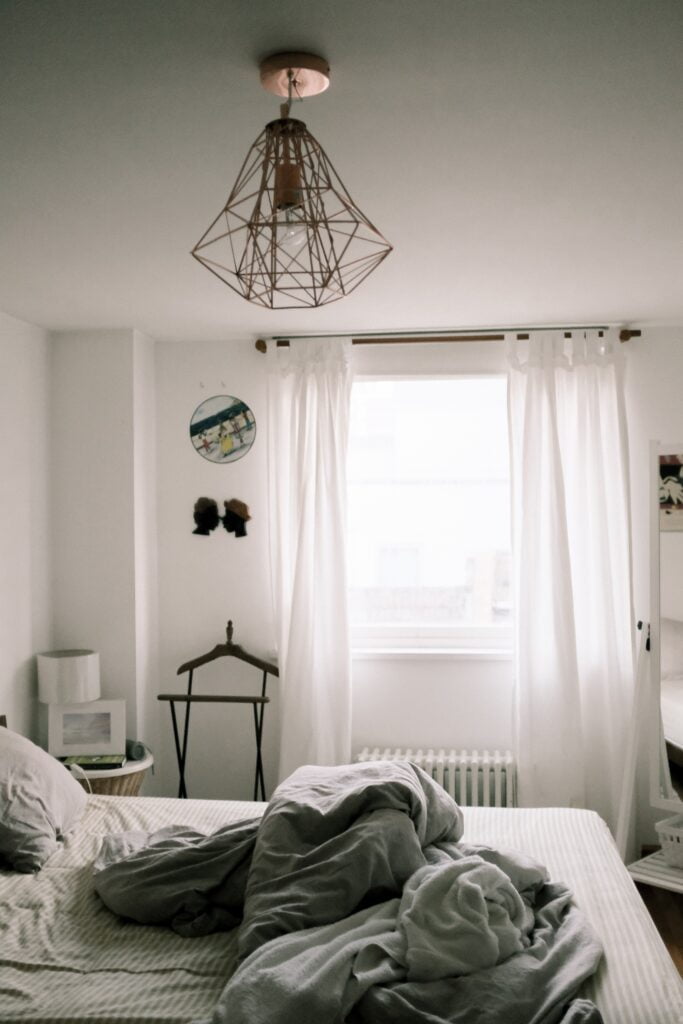
ROMANTIC
Romantic style encompasses feelings of gentleness, tenderness and beauty without effort. Colours are usually soft and muted and include colours such as dusty pink, sky blue and creamy white. Metal elements such as picture frames, chandeliers and vases offer a sparkling contrast with a low key palette.
Antique chandeliers with crystal droplets are hung in the living room, dining room and bedroom to give it a glamorous touch. Hard lighting is a “no-no” in rooms with a romantic aesthetic, as the mood depends on the ideal diffused lighting rather than being fully uncovered. Fabrics on curtains, linen and luxury bedding – velvet and silk are the two most commonly used materials.
